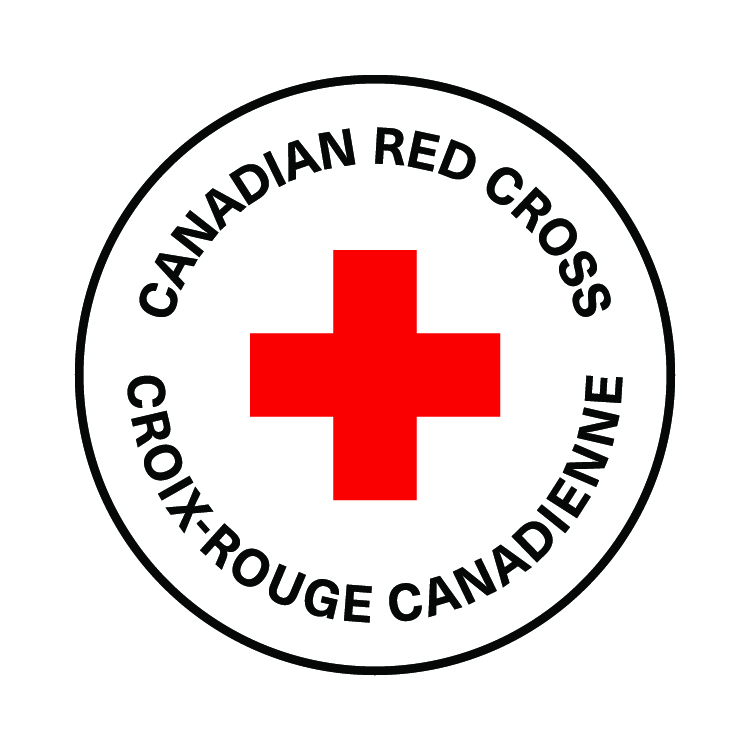New Brunswickers are flooding the Canadian Red Cross with applications for emergency funding for those who lost their jobs due to the outbreak of COVID-19.

The one-time benefit of $900 is being offered by the New Brunswick government with the Canadian Red Cross administering the program.
On Wednesday, Premier Blaine Higgs said about 45,000 applications for the New Brunswick Workers Emergency Income Benefit had been received since the program opened on Monday.
READ MORE: Maritimes’ doctors, nurses coming out of retirement
Higgs said the province is prepared to provide more money to people, if necessary, to bridge the gap until federal programs become available.
To be eligible for the $900 benefit, a person must:
- have lost his or her job
- have been laid off, or be self-employed and have lost all revenue, on or after March 15 due to the state of emergency in New Brunswick
- have earned a minimum of $5,000 (gross) in the last 12 months, or in the last calendar year.
- have lost his or her primary source of income
- have applied (or plan to apply) for support from the federal government (either Employment Insurance or the Canada Emergency Response Benefit)
- have no other income
- be 18 years or older

Get weekly health news
The benefit will end April 30, 2020.
Questions about COVID-19? Here are some things you need to know:
Health officials caution against all international travel. Returning travellers are legally obligated to self-isolate for 14 days, beginning March 26, in case they develop symptoms and to prevent spreading the virus to others. Some provinces and territories have also implemented additional recommendations or enforcement measures to ensure those returning to the area self-isolate.
Symptoms can include fever, cough and difficulty breathing — very similar to a cold or flu. Some people can develop a more severe illness. People most at risk of this include older adults and people with severe chronic medical conditions like heart, lung or kidney disease. If you develop symptoms, contact public health authorities.

To prevent the virus from spreading, experts recommend frequent handwashing and coughing into your sleeve. They also recommend minimizing contact with others, staying home as much as possible and maintaining a distance of two metres from other people if you go out.
For full COVID-19 coverage from Global News, click here.









Comments